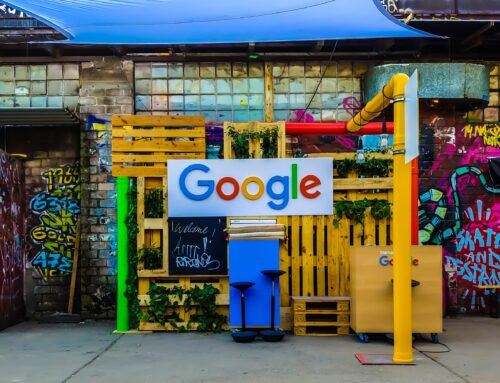In the ever-evolving landscape of digital marketing, the integration of artificial intelligence (AI) has become increasingly prevalent, particularly in social media and content marketing strategies.
From personalized recommendations to automated content creation, AI technologies are reshaping how brands engage with their audiences online. However, alongside the opportunities AI presents, there are also legal implications and ethical concerns that demand careful consideration.
Advancements in AI technology have revolutionized content creation, enabling marketers to generate vast amounts of content quickly and efficiently. From writing blog posts and social media captions to designing graphics and videos, AI-powered tools are capable of producing content that is often indistinguishable from human-generated material. This raises questions about the authenticity and originality of AI-generated content, particularly in the context of trademark conflicts.
One of the key challenges for legal professionals is navigating trademark conflicts arising from AI-generated content. Trademarks serve as valuable assets for businesses, representing their brand identity and distinguishing their products or services from competitors. However, the proliferation of AI-generated content introduces the risk of unintentional trademark infringement. For example, an AI algorithm may inadvertently generate content that bears similarities to existing trademarks, leading to potential legal disputes.
An Upcoming Crisis of AI and Trademarks?
To address these challenges, legal teams must stay informed about the latest advancements in AI technology for content creation. Understanding how AI algorithms work and the potential implications for intellectual property rights is essential for effectively advising clients and mitigating legal risks. Additionally, collaboration with AI experts and technology specialists can provide valuable insights into the capabilities and limitations of AI systems, helping legal professionals make informed decisions.
Ethical concerns surrounding AI-generated content in social media marketing also warrant careful consideration. While AI offers numerous benefits in terms of efficiency and scalability, there are ethical implications associated with the use of AI to manipulate or deceive audiences. For instance, AI-powered chatbots and virtual influencers raise questions about transparency and authenticity in online interactions. Consumers may feel deceived if they are unaware that they are engaging with AI-generated content rather than human-authored material.
AI Technology can be Used for Digital Marketing – Important to know How
As an expert in digital marketing and AI technology, I can offer valuable insights that can assist legal teams in evaluating the authenticity of content produced by AI. By understanding the capabilities and limitations of AI algorithms, legal professionals can better assess the likelihood of trademark conflicts and identify potential areas of concern. McDonald’s expertise in the intersection of marketing and technology provides a valuable perspective for legal practitioners seeking to navigate the complex landscape of AI in social media marketing.
In conclusion, the integration of AI in social media and content marketing presents both opportunities and challenges for legal professionals. While AI technologies offer unprecedented capabilities for content creation and audience engagement, they also raise legal implications and ethical concerns that cannot be overlooked. By staying informed about advancements in AI technology and collaborating with experts like Jason McDonald, legal teams can effectively navigate trademark conflicts and uphold ethical standards in the era of AI-driven marketing.
And yes, if you’re asking, this post was co-written with AI (ChatGPT).



